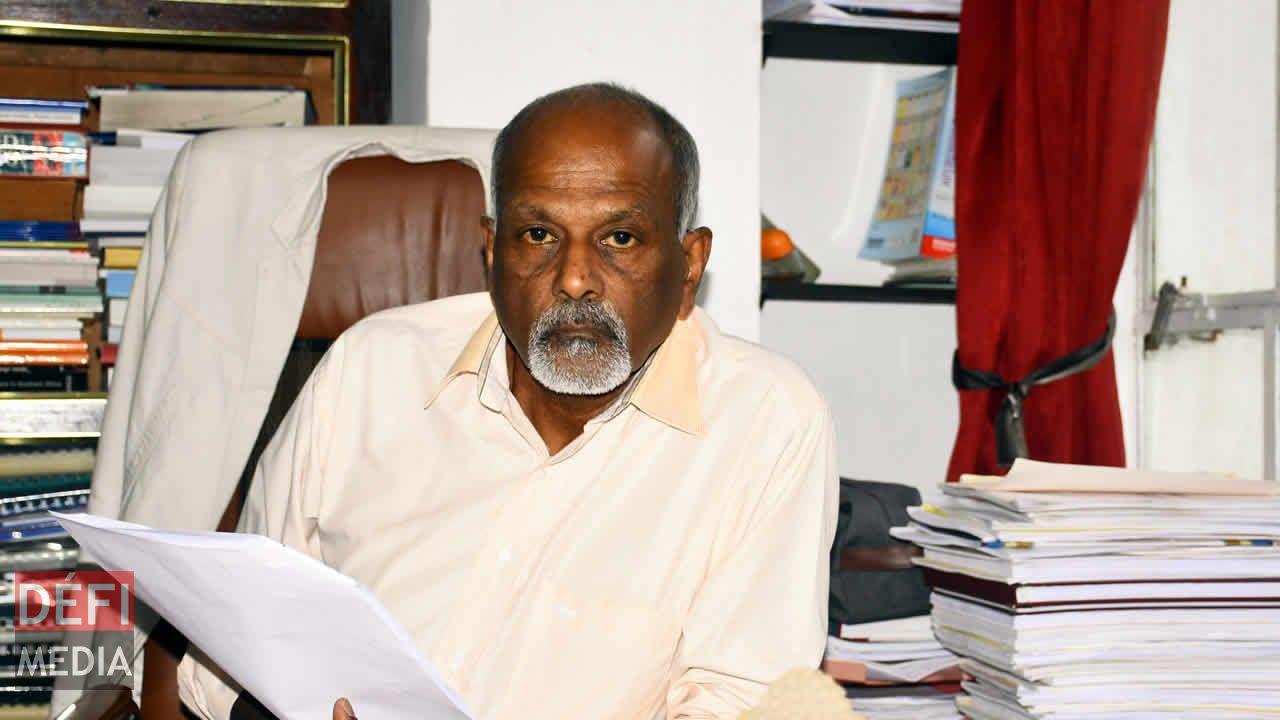Africa-Press – Mauritius. The recent adoption of a bill granting a new status to the Atal Bihari Vajpayee Institute of Public Service and Innovation, formerly known as the Civil Service College, has sparked strong concerns within the Federation of Civil Service and Other Unions (FCSOU). The federation’s negotiator, Narendranath Gopee, warned that the absence of recognized union representatives on the new institute’s board could allow for excessive governmental control over its management.
In a statement released yesterday, Gopee criticized Public Service Minister Raj Pentiah for failing to consult trade unions before advancing the legislation. He argued that converting the Civil Service College into the Institute of Public Service and Innovation does not align with the true needs of the public sector. Gopee pointed out that most civil servants already possess a degree or diploma, questioning the need for an institution empowered to award scholarships, fellowships, and distinctions. According to him, this new direction deviates from the original mission of the college.
The union leader also emphasized that transparency and accountability should begin with senior officials, particularly Permanent Secretaries, who ought to foster genuine social dialogue with unions. He dismissed the idea that academic training alone could solve systemic challenges in public administration. “We speak of transparency,” he said, “yet there are no union voices on the new board.”
Gopee reminded that the Civil Service College was originally established as a state-private company. By the end of 2021, it had trained 48,560 civil servants across various ranks. The college’s purpose, he noted, was to address existing weaknesses within the civil service through targeted, practical training — not to offer academic programs. Ministries would directly approach the college to design specialized workshops tailored to their operational needs.
The FCSOU negotiator lamented the government’s unilateral decision to transform the college into an academic institute, calling it “ill-advised and counterproductive.” He contended that the reform would turn the civil service into a community of scholars rather than an effective administrative body. Gopee further recalled that recognized unions once had representation on the college’s board — a democratic practice now abandoned. He warned that the new institute risks becoming a “white elephant,” producing academics instead of competent civil servants, and urged the government to reconsider its course for the sake of public service efficiency.
For More News And Analysis About Mauritius Follow Africa-Press







